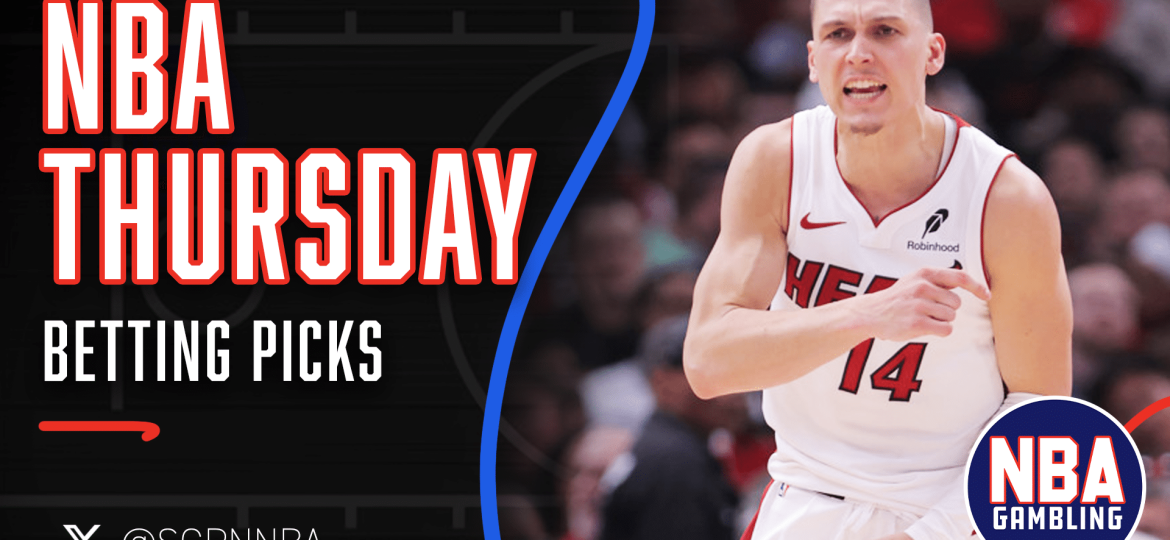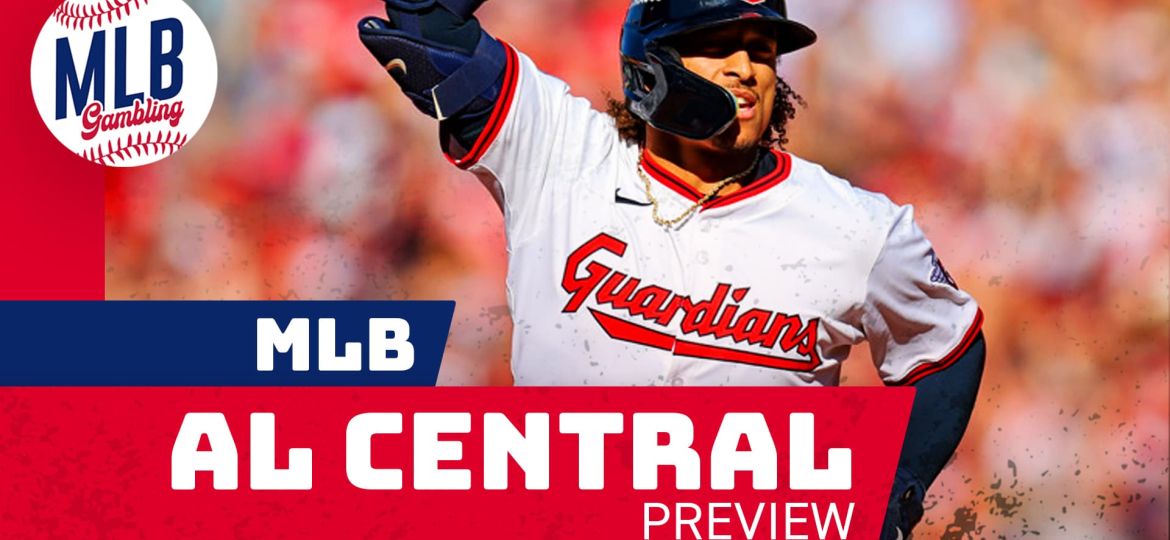
Merging online casino and sportsbook bets is a tactical strategy for punters aiming for optimal advantage. Bankroll planning allows for risk control while the cross-platform bonus opportunity gets opened up.
Bankroll control is one of the fundamental rules of long-term success with gambling. As online sites permit easy switching from casino action back and forth with sports betting, control of the deposit, stakes and variance is even more critical. It is okay to switch back and forth between casino action and sportsbook action if the proper framework is established.
Understanding the Unified Wallet Strategy
Several operators even merge sports betting and casino platforms under one user interface with one wallet system for real-time transfers. This makes it easy for punters to distribute funds across multiple kinds of wagers without using numerous accounts or deposits.
During such a transition, real money casinos offer exceptional opportunities for diversification. Unlike standard sportsbooks, where value is usually through line shopping or arbitrage, the casino provides instant offers, like matched deposits, free spins and loss rebates. These are short-term offers that lower variance over the long term and serve as some form of financial cushion during bad runs at the sportsbook.
With the single bankroll strategy, the player can be disciplined while exploiting value from the two verticals. The approach here is not fragmented play but considering the entire account as a complete financial ecosystem, where each bet type complements the other.
Segmenting the Bankroll for Clarity
A real-world combined-play bankroll begins with simple segmentation. Premature crossover from casino to sportsbook action can produce ill-conceived decision-making without set allocations. Category segmentation is a first step, with allocations such as 60% for sports action, 30% for casino action and 10% reserved for promotional action.
This style is conducive to budgeting with a goal. Casino segments can be allocated to chasing low-risk offers or playing games with high RTP, while sports are about pregame or live betting with a longer schedule. Using flexibility is doable, but the foundation still needs to be structured.
Monitoring bankroll flow over time provides an understanding of how the better-performing segments are and where the leakages are. Through the analysis, the players can rebalance regularly, just like an investment portfolio, to suit performance and future opportunities.
Making Bonuses Work Without Losing Discipline
One of the primary advantages of casino action through a hybrid model is exposure to bonus mechanisms not usually available through the sportsbook interface. Real money casino platforms always tout first-time deposit rewards, loyalty levels and reload bonuses. When constructed with ideal terms, these bonuses can be utilized for risk offsetting or even free equity.
However, pursuing bonuses without regulation can result in the destructive erosion of the bankroll. The terms of wagering, the game restrictions and the time limits must be considered. An effective strategy incorporates these offers into a formulated cycle for setting bonus-specific money in the casino allocation of the bankroll and handling them as distinct from live sports wagers.
A 10x reload bonus of $100 might justify a low-volatility strategy over multiple short sessions. Meanwhile, sports bets are unaffected, with set stake levels and without crossover temptation.
Timing and Session Handling
Time management is also often omitted when discussing bankroll strategy. Casino gambling is speedy and frantic and sports betting involves schedules, game times and market movement. Both require intentional session planning to avoid tiring and maintain regular consistency.
Splitting casino and sports periods by the hour or by mentality can be helpful for concentration. Certain players like playing slots or tables earlier in the morning and shifting towards sports later in the day or evening, after lines have calmed. Other players use live casino action while filling gaps between games, notably at halftime or intermissions.
Session logs can track time spent in the environment and whether result biases are caused by emotional or fatigue-based decision-making. In the long term, the information assists in refining the schedule and frequency of play.
Long-Term Value and Risk Mitigation
A properly operated hybrid bankroll can offer something more substantial than transitory entertainment. Combining low-variance casino action with judicious sports bets can reduce swings and decrease draws. Both the verticals have their strengths: casino through bonuses and degree of control over RTP, sports through bright lines and predictive analytics.
Players aiming for sustainability will use casino segments to buffer cold sports betting periods. A hot period at the low-volatility slot games or the blackjack tables can be an economic buffer, with the entire bankroll remaining intact while breaking through an unfavorable schedule. Rewarding sports weekends can also warrant full-price or riskier exploration at the casino without drawing from prime capital.
Such interaction lessens risk and offers flexibility. Aggregated play from several platforms allows more innovative use of the bankroll and further familiarity with bonus mechanisms, payment speed and game odds.
A balanced bankroll strategy covering genuine money sportsbooks and casinos requires deliberate design, but the potential rewards make it well worth the trouble. Segmented funds, timely discipline and bonus utilization all can be leveraged by the bettor to unlock cross-platform opportunity with long-term stability. As the online betting environment evolves, hybrid play becomes a valuable asset to the modern bettor.





















